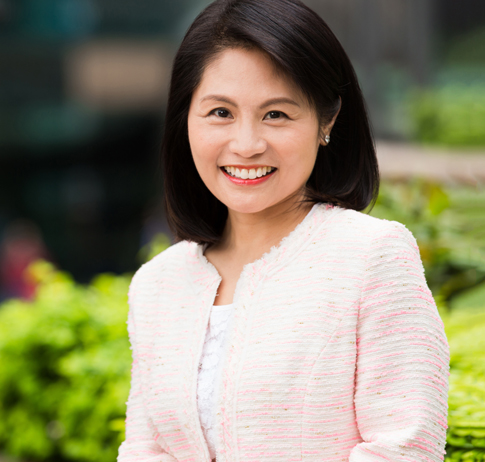According to a report by Lombard Odier, Asia-Pacific is set to become the largest wealth hub by 2026, with an estimated population growth of 59.8% and 32.7% for high net worth Individuals and ultra-high net worth Individuals respectively. In 2021, the US, China, Germany, Japan and Hong Kong are within the top 10 countries with the highest number of ultra-high net worth individuals1. With so much wealth accumulated within the region, many HNWIs turn to philanthropy as a means to support causes and help communities in lack.
A shift in the landscape of philanthropy
In recent years, benefactors have become more strategic in their giving by deliberately taking a step to become more aware of where their money goes and what it does. Many take the step to implement programmes and start private foundations on their own accord, not just to leave a mark, but to address issues directly. This may also have come out of the lack of established charities and channels to give to, seeing how the non-profit sector in most Asian countries are still in the development phase.
Giving generously and generationally
Private foundations do not just become a part of the benefactors’ lives, they have also become a part of their children’s lives. Many HNWIs are looking to inculcate the habit of giving in their next generation, especially since their charity foundations will be passed down to their children.
In my role as a “charity doctor”, so called by my peers and clients, I was privileged to give legal advice for mother and daughter, Elizabeth Law and Portia Chow, Chairman and Managing Director of Park Hotel International Limited respectively, on their wealth planning and the set-up of a charity foundation. When Portia was young, her mother Elizabeth would bring her to visit households in Guangdong that were supported by the State for food, clothing, medical care, housing and funeral expenses. Most of the residents were of the elderly, disabled and children under 16 living in rural areas who did not have families supporting them. She watched how her mother made the most of her time by visiting as many households as she could. She even recalls moment where her mother would venture out of the established itinerary conduct a responsible due diligence.
Now as the Managing Director of Park Hotel International Limited, Portia is highly involved in charitable work herself. She seeks not just to benefit others financially but to also ensure every dollar and minute is spent fruitfully. “The experiences with my mom influenced me to a great extent in philanthropy efforts. Our philanthropy efforts are not to bring personal glory to ourselves, but to bring as much benefits to the society as possible.” says Portia.
Same motivations, different causes
Just like any other topic in the world today, the next generation is switching things up with views and passions of their own. Even though charity foundations are passed from generation to generation, there are bound to be directional shifts as more voices join in the decision making process.

In the case of the Law’s Charitable Foundation, Portia shares that while she and her mother have overlapping focuses, they do not have the same social causes. She carries a deep passion for anti-human trafficking and education but her mother champions the causes of medical care, elderly services and education.
There are not rights or wrongs when it comes to the passions of one’s heart. At the end of the day, what matters is that people are helped and good causes are supported. Like Elizabeth, Portia puts her heart and soul into her foundation.
Portia is careful when selecting charities and has her own criteria, “I have three criteria to scrutinize the charity: Do they have the insights to understand the core problem of the social issue they are trying to solve? Do they have execution power? Do they have potential to grow?”
When it comes to the books, she does not shy away either. “I require every charity I sponsor to open up their entire books for the purpose of transparency and accountability, as we have a responsibility to avoid overlapped funding.” she says.
It is important to note that every family is different; not all families have to move in accordance to communal values. For families with younger generation looking towards entirely different courses, it will do good to set aside funds for them to take charge on their own. This will provide the opportunity for the younger generation to be groomed as responsible philanthropists.
Advice for families involved in charity
Lastly, when it comes to the financial aspect of things, Portia leaves us with parting words of wisdom, “Family charity fund is flexible and patient money, so the courses we choose should be entirely different from what those large-scaled NGOs are doing. Thus, my advice is the families shall focus on courses that require flexible and patient capital to fill the gap that large NGOs and Government cannot afford.” I am just so fortunate to have Elizabeth and Portia as friends and clients. I can never stop learning from them and exchanging ideas!

